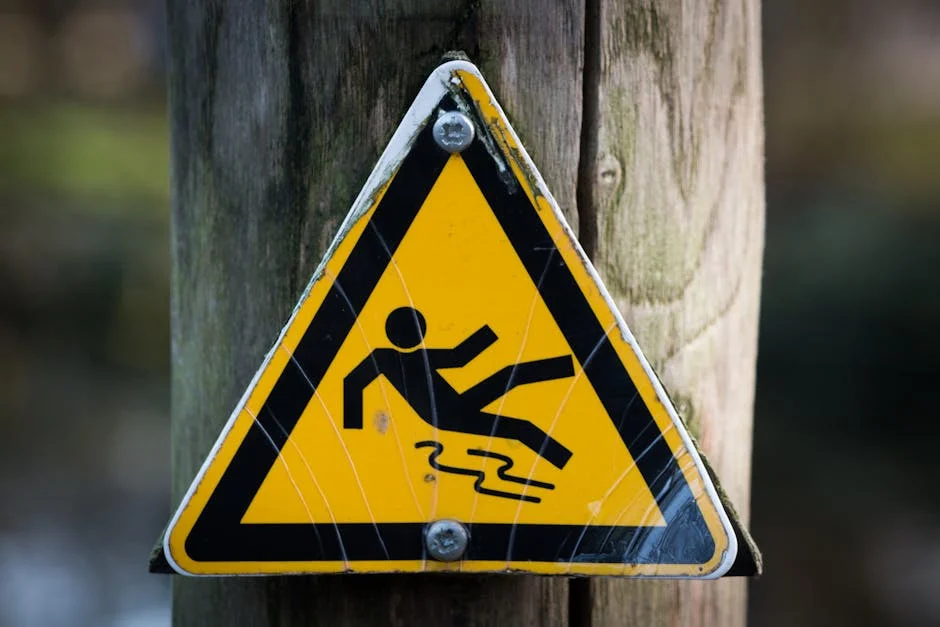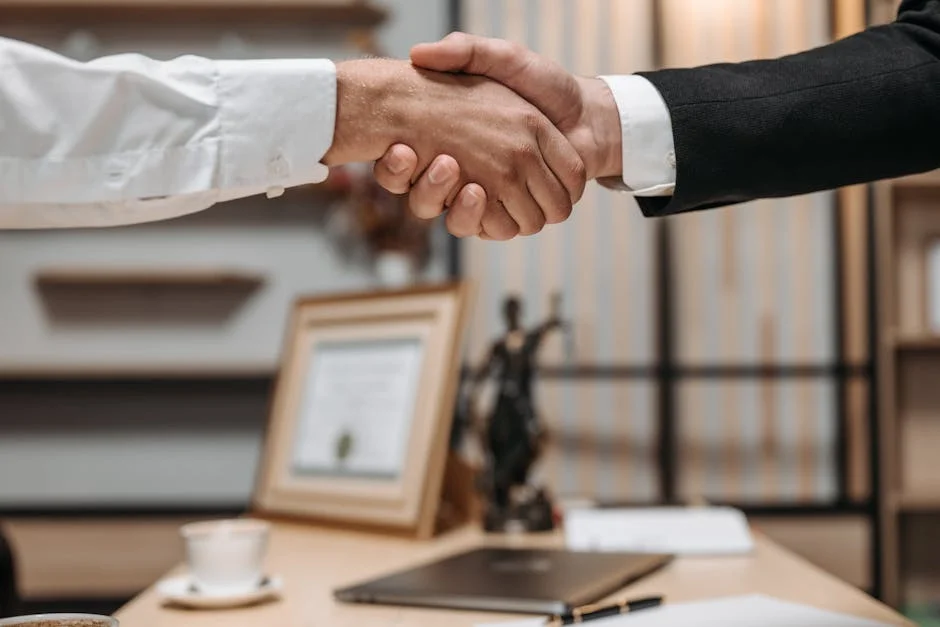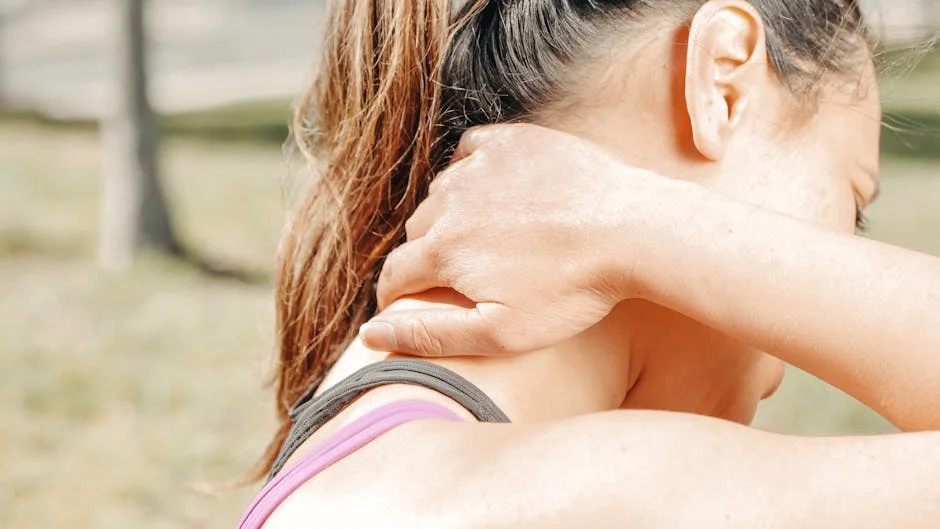Premises liability is a legal concept holding property owners responsible for injuries that happen on their property due to unsafe conditions. Whether it’s a slip and fall at a store, a dog bite on a neighbor’s lawn, or a hazard in a rental home, premises liability laws protect visitors and tenants by ensuring property owners keep their premises safe.
Key Elements of Premises Liability Cases
To win a premises liability claim, certain elements must be proven:
- Ownership or Control: The defendant must own or control the property where the injury occurred.
- Unsafe Condition: There must be a dangerous condition on the property, like wet floors, broken stairs, or poor lighting.
- Knowledge: The property owner knew or should have known about the hazard but failed to fix it.
- Injury: The plaintiff must have suffered actual harm due to the unsafe condition.
- Causation: The unsafe condition must directly cause the injury.
Common Types of Premises Liability Claims
| Injury Type | Description | Example |
|---|---|---|
| Slip and Fall | Injuries from slips, trips, or falls | Wet floors, icy sidewalks |
| Inadequate Security | Injuries due to criminal acts on site | Assault in poorly secured parking lots |
| Dog Bites | Animal attacks occurring on property | Neighbor’s dog bite incident |
| Defective Conditions | Injuries from unsafe property features | Broken stairs, faulty railings |
Who Can Be Held Responsible?
Premises liability can apply to various property types:
- Commercial Properties: Stores, restaurants, malls must maintain safe environments for customers.
- Residential Properties: Homeowners or landlords are responsible for tenant and guest safety.
- Public Properties: Government-owned parks or sidewalks must be maintained to prevent hazards.
How to File a Premises Liability Claim in 2025
Filing a successful claim involves several important steps:
- Seek Medical Attention: Prioritize your health and document all injuries.
- Report the Incident: Notify the property owner or manager immediately.
- Document Evidence: Take photos of the hazard, get witness statements, and keep records of medical treatments.
- Consult an Attorney: A premises liability lawyer can help evaluate your case and negotiate fair compensation.
- File Your Claim: Submit your claim before the statute of limitations expires, which varies by state.
Why Hiring a Premises Liability Lawyer Matters
Navigating premises liability laws can be complicated. Insurance companies often try to minimize payouts. An experienced attorney can:
- Investigate your case thoroughly
- Collect strong evidence to support your claim
- Negotiate settlements or take your case to court if needed
- Ensure you receive compensation for medical bills, lost wages, and pain & suffering
Preventing Premises Liability Incidents
Property owners can reduce liability risks by:
- Conducting regular safety inspections
- Fixing hazards promptly
- Posting warning signs near temporary dangers
- Maintaining adequate lighting and security measures
Final Thoughts on Premises Liability in 2025
If you’ve been injured on someone else’s property due to negligence, premises liability laws exist to protect you. Understanding your rights and taking prompt, informed action can help you get the compensation you deserve. Always consult with a qualified premises liability attorney to explore your legal options.



